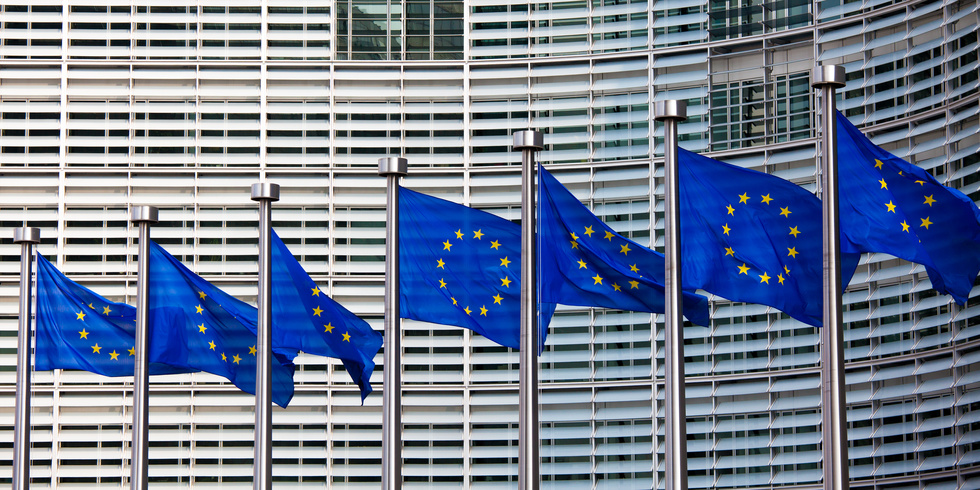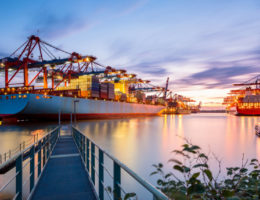Annual Compliance Conference
Our popular Annual Compliance Conference, which attracts over 6,000 in-house senior legal and compliance professionals from across the world, will be held across five weeks from 6 September – 6 October 2022. We will be virtually delivering our cutting-edge insights and guidance on key global compliance, investigations and ethics issues. Our global experts will provide practical insights and analysis on significant developments across:
– anti-bribery
– corruption and economic crime
– customs and FTAs
– ESG, supply chain and product compliance
– antitrust and competition
– export controls, sanctions and foreign investment
Click https://www.bakermckenzie.com/en/insight/events/2022/10/annual-compliance-conference to register your interest in joining us virtually at this must attend global compliance conference for senior in-house legal and compliance professionals.








